height gauge Suppliers
Finding reliable height gauge suppliers can be challenging. This article explores the key considerations when selecting a supplier, the different types of height gauges available, and essential factors to ensure you choose the right partner for your measurement needs. From understanding accuracy requirements to evaluating after-sales support, this guide provides a detailed overview of the height gauge market.
Understanding Height Gauges
A height gauge is a precision instrument used for measuring the vertical distance from a reference surface to a specific point on a workpiece. They are crucial in manufacturing, quality control, and inspection processes to ensure parts meet precise specifications. Choosing the correct height gauge and supplier is critical for accurate and reliable measurements.
Types of Height Gauges
There are several types of height gauges, each suited for different applications:
- Vernier Height Gauges: These are traditional, manually operated gauges known for their simplicity and durability. They offer good accuracy but require skilled operators.
- Dial Height Gauges: Dial height gauges provide a direct reading via a dial indicator, making them easier to use than vernier gauges.
- Digital Height Gauges: Offering the highest accuracy and ease of use, digital height gauges display measurements on a digital screen and often include features like data output and tolerance settings.
- Laser Height Gauges: Using laser technology for non-contact measurement, these gauges are ideal for delicate or complex parts.
Key Considerations When Choosing a Height Gauge Supplier
Selecting the right height gauge supplier is crucial for ensuring quality and reliability. Here are key factors to consider:
Product Range and Quality
A reputable supplier should offer a diverse range of height gauges to suit various applications and budgets. The products should be manufactured to high standards, meeting relevant industry certifications such as ISO 9001. Consider if they offer complementary tools such as calipers, micrometers, and indicators. Wayleading Tools provides a comprehensive range of measuring instruments, ensuring you find the perfect tool for your needs.
Accuracy and Resolution
The accuracy and resolution of a height gauge are paramount. Consider your specific measurement requirements and choose a gauge that meets those needs. Digital height gauges typically offer higher accuracy and resolution compared to vernier or dial gauges. Always refer to the manufacturer's specifications for accuracy ratings.
Calibration and Maintenance Services
Regular calibration is essential to maintain the accuracy of your height gauge. A good supplier should offer calibration services, either in-house or through a certified partner. They should also provide maintenance and repair services to ensure the longevity of your equipment. Wayleading Tools offers comprehensive after-sales support, including calibration and maintenance services.
Technical Support and Training
Choose a supplier that offers excellent technical support and training. They should be able to answer your questions, provide guidance on selecting the right height gauge, and offer training on its proper use and maintenance. This is especially important if you are using advanced features like data output or tolerance settings.
Price and Lead Time
While price is a factor, it shouldn't be the sole determinant. Consider the total cost of ownership, including calibration, maintenance, and potential downtime. Lead time is also important, especially if you need the height gauge urgently. Inquire about the supplier's inventory levels and shipping options.
Reputation and Reviews
Research the supplier's reputation by reading online reviews and testimonials. Look for feedback on product quality, customer service, and after-sales support. A supplier with a strong reputation is more likely to provide reliable products and services.
Top Height Gauge Suppliers
While specific suppliers vary by region and specialization, here are some general categories to consider:
- Large Metrology Companies: Companies like Mitutoyo, Starrett, and Hexagon Metrology offer a wide range of height gauges and other metrology equipment.
- Specialized Measurement Tool Suppliers: Suppliers like Wayleading Tools, who specialize in measurement tools, often offer competitive pricing and specialized expertise.
- Industrial Supply Distributors: Companies like Grainger and MSC Industrial Supply carry a variety of height gauges from different manufacturers.
Examples of Height Gauges and Their Applications
To illustrate the diverse range of applications, here are a few examples:
| Height Gauge Type | Application | Key Features |
|---|---|---|
| Digital Height Gauge | Precision machining, quality control | High accuracy, data output, tolerance settings |
| Vernier Height Gauge | General purpose measurement, toolmaking | Durable, simple to use, cost-effective |
| Dial Height Gauge | Quick measurement, comparative measurement | Easy to read dial indicator, good for repetitive measurements |
Conclusion
Choosing the right height gauge supplier requires careful consideration of your specific needs and requirements. By evaluating factors like product range, accuracy, calibration services, and reputation, you can ensure you select a reliable partner that provides high-quality height gauges and excellent support. Remember to consider long-term costs and benefits to make the most informed decision. And remember, Wayleading Tools is always available to assist you with your measurement needs, offering a range of high-quality tools and expert support. You can learn more here.
Related products
Related products
Best selling products
Best selling products-
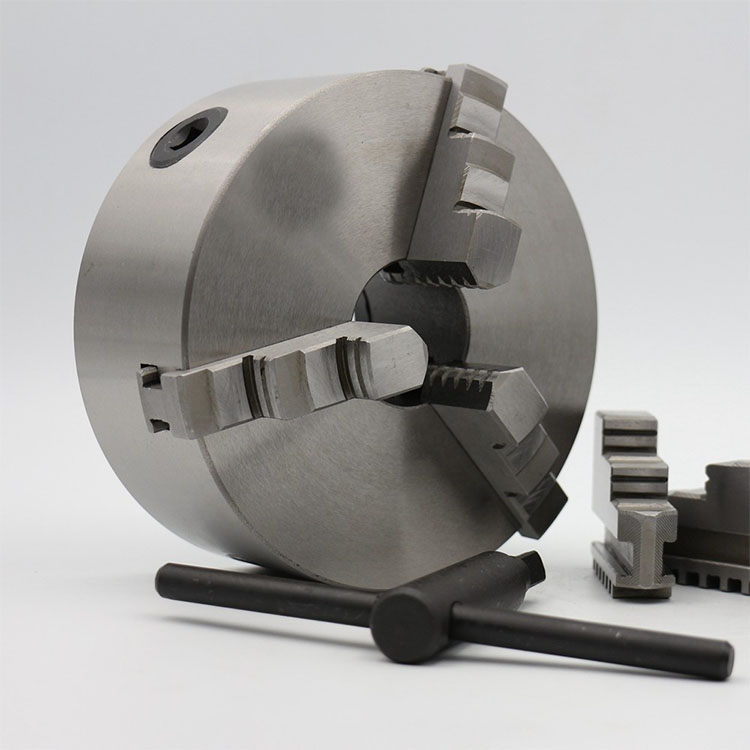 K11 Series 3 Jaw Self Centering Chucks For Lathe Machine
K11 Series 3 Jaw Self Centering Chucks For Lathe Machine -
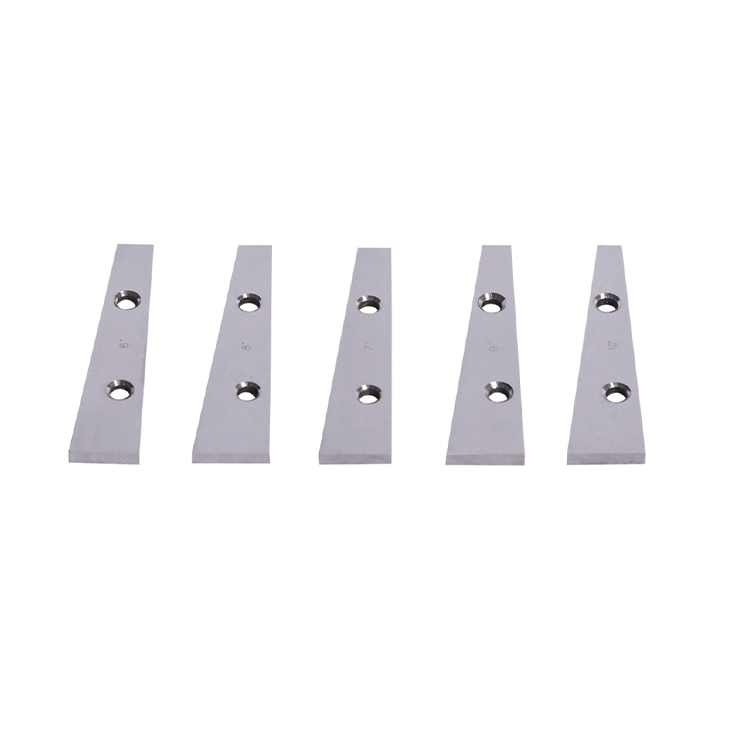 Precision 5pcs & 6pcs Angle Blocks Set With High Quality Type
Precision 5pcs & 6pcs Angle Blocks Set With High Quality Type -
 ANSI B94 HSS Jobber Length Drill Bits Fully Ground
ANSI B94 HSS Jobber Length Drill Bits Fully Ground -
 TCT Annular Cutters With Weldon Shank For Metal Cutting
TCT Annular Cutters With Weldon Shank For Metal Cutting -
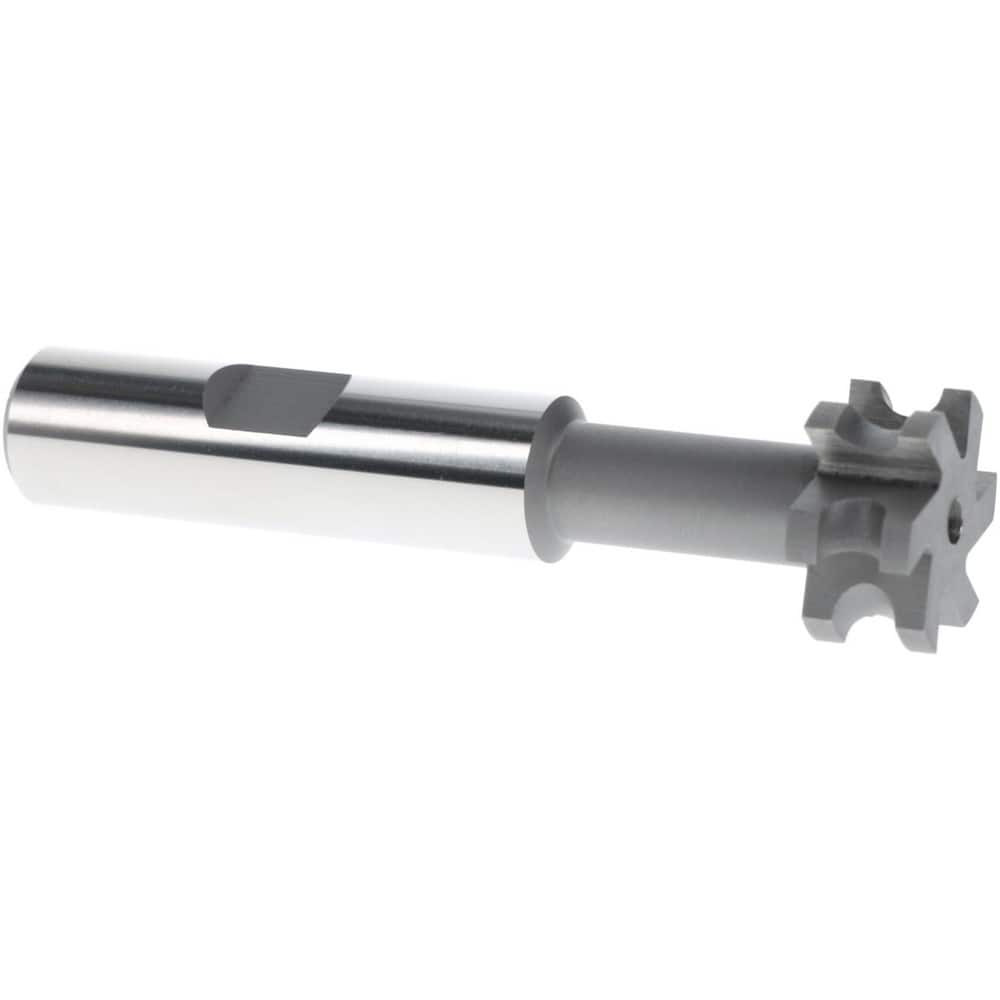 HSS Inch Concave Milling Cutter For Industrial
HSS Inch Concave Milling Cutter For Industrial -
 Vernier Height Gauge With Magnifier With Adjustable Main Bean
Vernier Height Gauge With Magnifier With Adjustable Main Bean -
 HSS Keyway Broach With Metric And Inch Size, Push Type
HSS Keyway Broach With Metric And Inch Size, Push Type -
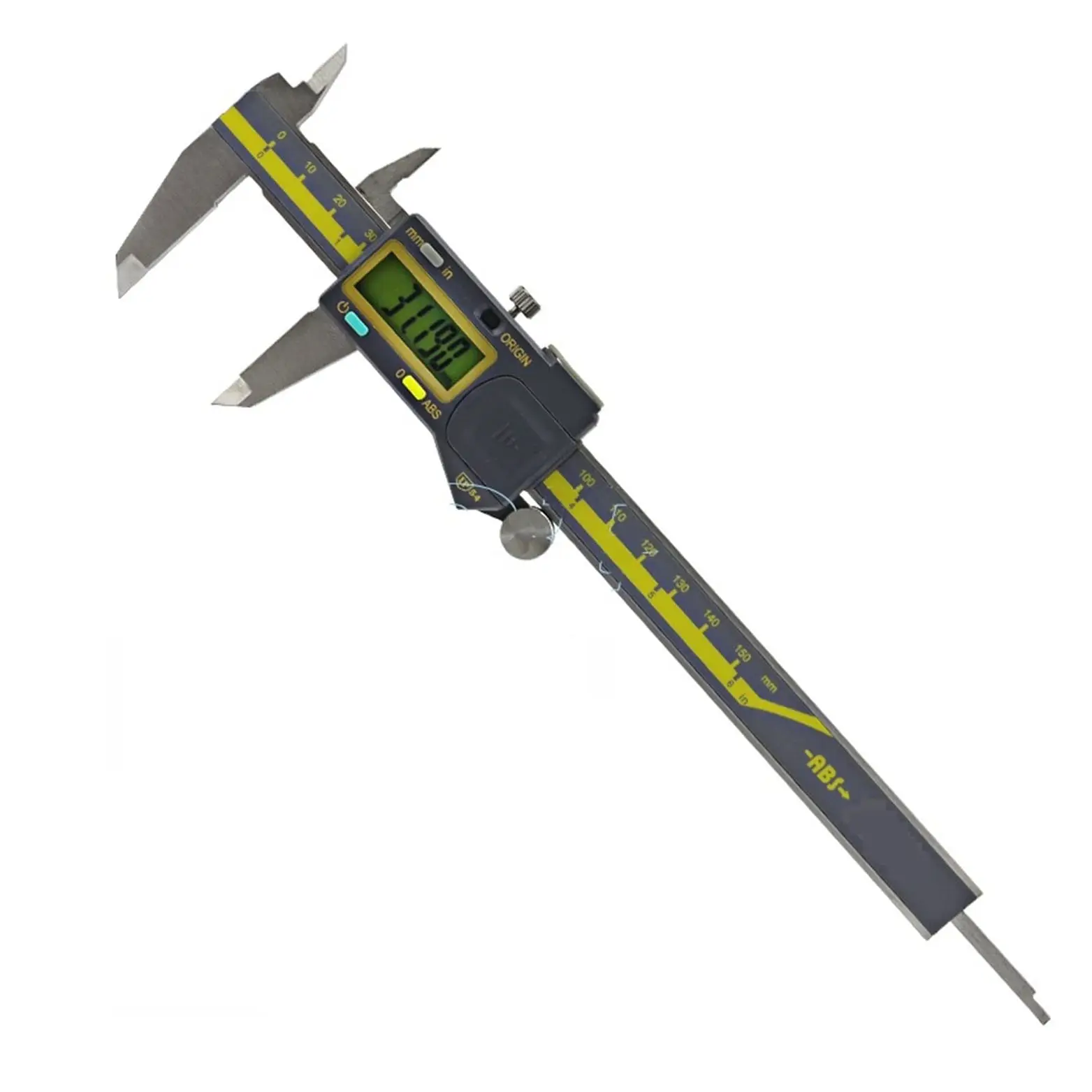 Precision IP54 Digital Caliper With Data Output For Industrial
Precision IP54 Digital Caliper With Data Output For Industrial -
 Precision Digital Bore Guage From 6-450mm Range
Precision Digital Bore Guage From 6-450mm Range -
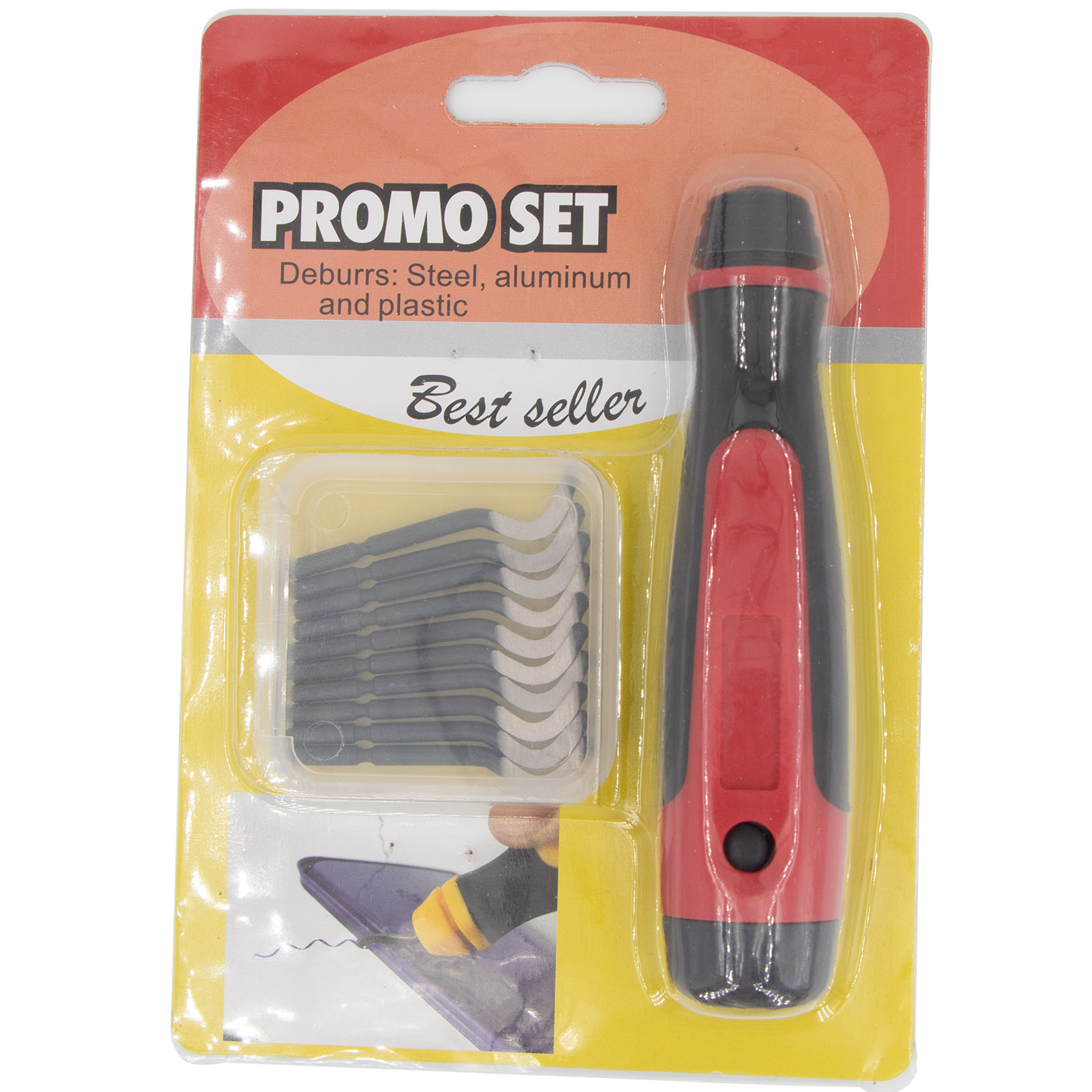 Type E Heavy Duty Deburring Tool Set With Deburring Holder And Deburring Blade
Type E Heavy Duty Deburring Tool Set With Deburring Holder And Deburring Blade -
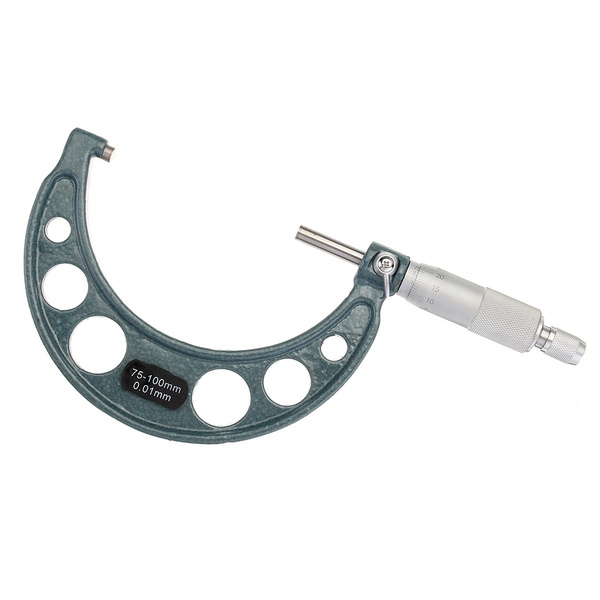 Outside Micrometer Of Premium Industrial Inch & Metric With Rachet Stop
Outside Micrometer Of Premium Industrial Inch & Metric With Rachet Stop -
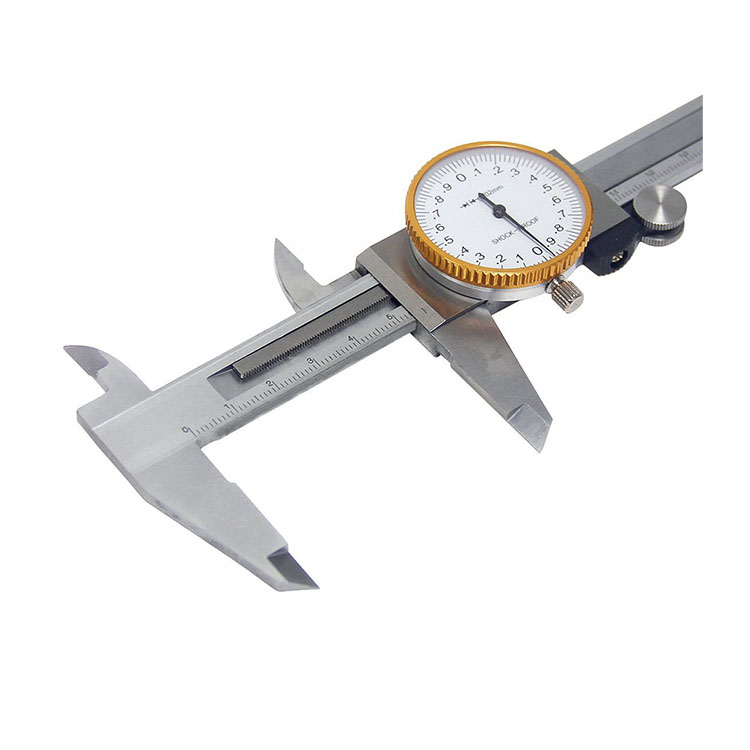 Precision Dial Caliper Of Metric & Imperial For Industrial
Precision Dial Caliper Of Metric & Imperial For Industrial









